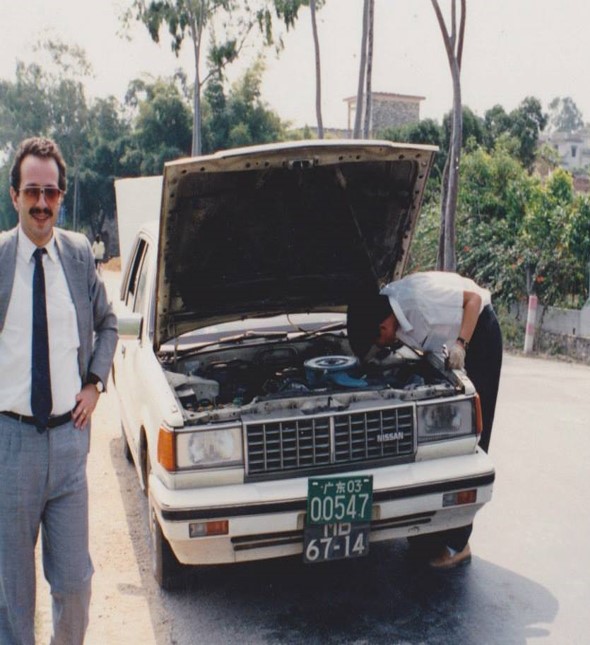This thesis which attempted to search for Turkey’s experiment of encouragement of export within a comparative framev/ork of theoretical and practical aspects reached following conclusions.
Encouragement of export which is a public policy mechanism to intervene operation of national economy in foreign trade regulations has to be evaluated within the theoretical context of free international trade and protectionism contradiction which is a valid argument since XVth century. Initial systematic considerations concerning international economic relations were articulated by Merchantilist thinkers in XVth century preferring protectionist version of international trade. Protectionist and interventionist practises of Merchantilism created its antithesis in the second half of XVIIIth century which is known as Physiocracy. Physiocrats were the first liberals of the history of economic doctrines. Theory of Free Foreign Trade was put forwarded firstly by Physiocrats and developed by Adam Smith who is the founder of classical school with the introduction of the concept of “absolute superiority” in XVIIIth century and opposed by an American economist Alexander Hamilton with protectionist views. It should be noted herein that American economists remarkably favoured protectionism first representative of who was Alexander Hamilton and continued by H.C.Carey, S.Patten, W.F.Stolper and P.A.Samuelson. Second half of XVIIIth century witnessed both versions of international trade. While free foreign trade theory coincides with economic interests of France and England, protectionism was a necessary policy for the U.S.A.





















